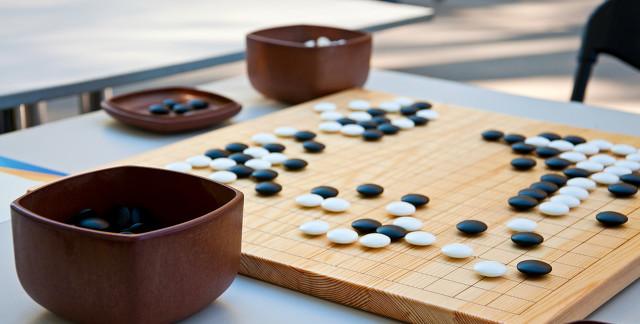The Japanese player played against the Chinese chess player, after winning six consecutive victories over six main members of the national team, but in the seventh game of chess, he was defeated by an unknown young man, and what surprised him even more was that this young man was a farmer in the northern wilderness of China...
In 1974, the Japanese Go player Naoto Miyamoto led a Kansai Go delegation to China to exchange competitions. Affected by the times, when the national Go team was once disbanded, many former national team main players once became factory workers, and the Sino-Japanese Go gap that had just been narrowed by Chen Zude's generation was widened again. As the leader of the group, Miyamoto killed all four sides in the game, winning the first six consecutive matches.
In the seventh game, the Chinese team sent a young man in his early 20s to meet the game, and as a result, Naoichi Miyamoto, who thought he had a chance to win, actually lost to this strange face, and what made it even more difficult for him to accept was that this young man with the surname "Three Ears" was not a chess player, but a "farmer" who worked in Heilongjiang, China.
Of course, friends who are familiar with the history of Chinese Go must know that this young farmer's name is Nie Weiping.
When Nie Weiping was 17 years old, he went to a farm in Heilongjiang to join the team for 3 years, and in the years when he should have studied hard to improve his chess strength, he had to go to harvest crops, go up the mountain to cut firewood, dig up the pigsty to dig up dung, and the Go he brought with him was distributed as a hidden weapon when fighting... Later, he managed to become a liaison officer of heilongjiang farms in charge of purchasing materials in Beijing, but in fact, he spent most of his time in the Beijing Third General Machinery Factory at that time, because after the dissolution of the national Go team, Chen Zude and seven other national players were working here...
Although Nie Weiping rarely played chess on the farm, his Go level still improved, and the sins he suffered on the farm sharpened his personality, making him more patient and strong when playing chess, and it was also because of the fewer opportunities to play chess, so he seized the rare opportunity to play chess desperately in the days of the machinery factory.
In 1973, the Chinese national Go team was re-formed, Nie Weiping was successfully selected, and his victory over Miyamoto's game of chess also became a turning point for Nie Weiping and even Chinese Go, and soon after that, an unstoppable "Nie Whirlwind" blew up in the Sino-Japanese chess world.
❤
I am a chess fan @ Lin Xiaojing who can't play chess, please give more advice to chess friends!
#Go##Chinese Go ##围棋俱乐部 #
